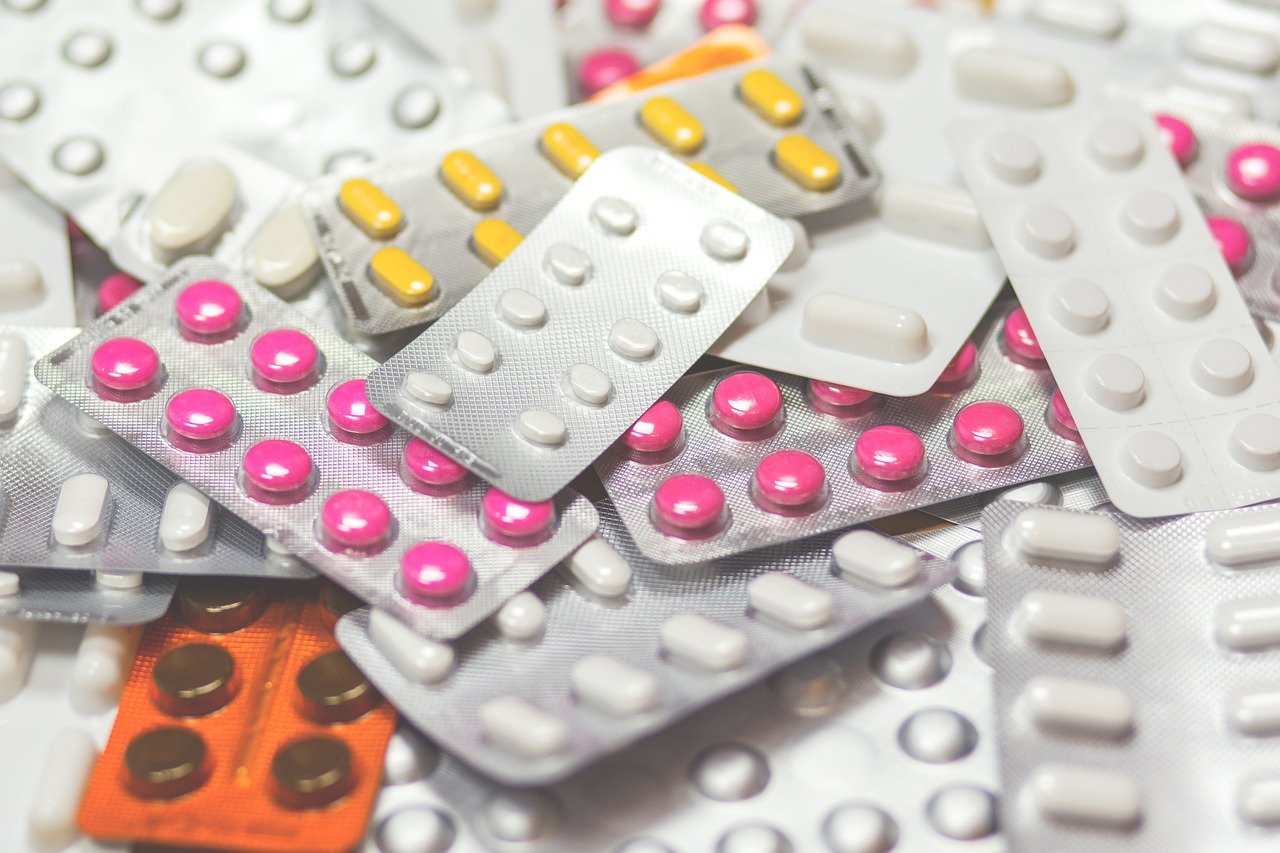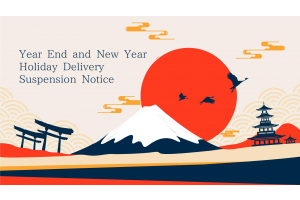Which constipation treatment should I choose? Types, features, usage details

Traditional constipation remedies include both laxatives and stimulant laxatives, each with different effects. In recent years, with the emergence of new drugs such as elobicoxib, linaclotide, and lubiprostone, the options for treating constipation have increased. In this article, we will explain in detail the types, characteristics and usage of constipation remedies.
There are two main treatments for constipation

Constipation treatments are broadly divided into "laxatives" and "stimulant laxatives". When treating constipation in medical institutions, laxatives are used first, and when the effect is judged to be weak, stimulant laxatives are often used.
"Relaxing agents" to soften stool
"Laxatives," also known as mechanical or non-stimulant laxatives, have a mild effect of softening stools and facilitating bowel movements. The effect is mild and the side effects are few, so it is often used first when treating constipation in medical institutions.
Laxatives include "salt laxatives" such as magnesium oxide, magnesium hydroxide, and magnesium sulfate, "invasive laxatives" represented by dioctyl sodium sulfosuccinate (DSS), and carboxymethyl fiber "Swelling laxatives" such as carboxymethyl cellulose.
"Stimulant laxatives" that promote intestinal peristalsis
"Stimulant laxatives" are drugs that directly irritate the small and large intestines and promote restlessness. Because it is more dependent and addictive than laxatives, it may be less effective when used on a daily basis, may reduce bowel drive, and may cause "melanosis coli," which darkens the lining of the large intestine. Do not use it frequently, but use it temporarily when you have not had a bowel movement for a few days.
There are two types of stimulant laxatives: "intestinal stimulant laxatives," such as castor oil, and "colon stimulant laxatives," such as phenolic, senna, dioxin, and bisacodyl.
What are the traditional treatments for constipation?

Typical treatments for long-standing constipation are "magnesia" and "senna". Learn about the features of each and choose the one that's right for you.
Magnesium oxide
"Magnesium Oxide" is one of the laxatives that soften stools and facilitate passage. Relatively cheap and safe when taken regularly, but can also cause side effects of hypermagnesemia.
When taking it, take it under the guidance of 2g per day to prevent the blood magnesium concentration from rising too high. Particular attention should be paid to the elderly, those with renal insufficiency and those with renal insufficiency. Follow your doctor's instructions and have regular blood tests.
Senna
"Senna" is a stimulant laxative, a drug made from a plant native to Africa. It has long been used as a laxative in Europe and as a herbal remedy in over-the-counter constipation medicines.
"Rhein anthrone" is the change of "sennoside", a unique component of senna, which is decomposed in the intestinal tract, stimulates the large intestinal mucosa, and promotes intestinal peristalsis. Senna is suitable for "relaxed constipation" caused by weakened peristalsis.
What is the latest new treatment for constipation?

In recent years, new drugs that are different from conventional constipation treatments have emerged. Elobicoxib, which controls the absorption of bile acids in the small intestine, and lubiprostone, which promotes intestinal fluid secretion in the small intestine, have the advantage of being available to people who cannot take magnesium oxide.
Alobiciba
"Elobixibat" is a drug that controls the absorption of bile acids in the small intestine. Bile acids move the large intestine and stimulate mucus secretion to produce smooth stools. Therefore, if sufficient amounts of bile acids do not reach the large intestine, constipation can occur.
Elobixibat has the effect of reducing the amount of bile acids absorbed by the small intestine and increasing the amount of bile acids reaching the large intestine. Unlike magnesium oxide, it also has the advantage of being available to people who are concerned about kidney function or who are not concerned about tolerance issues. Adjust or stop your dose if you experience side effects such as abdominal pain or diarrhea.
Linaclotide
"Linaclotide" was developed for the treatment of constipation-predominant irritable bowel syndrome. Constipation-predominant IBS is chronic constipation even in the absence of organic diseases such as tumors and inflammation.
Linaclotide is suitable for when the stool stays in the large intestine for a long time and becomes stiff, and there is discomfort from the lower abdomen to the left abdomen, or abdominal pain. Reduce alcohol consumption if you have diarrhea as a side effect.
Lubiprostone
"Lubiprostone" is one of the laxatives that soften stools. It works by stimulating the secretion of intestinal fluid in the small intestine and promoting natural bowel movements.
Unlike magnesium oxide, it does not cause electrolyte imbalance, so it can be used by the elderly and people with renal insufficiency, but not by pregnant women, so be careful. In the early days, it has the side effect of causing nausea. However, if you start taking a small amount, you will gradually get used to it, and if you take it immediately after meals, side effects can be reduced.
Other options for constipation treatment

In addition to the constipation remedies introduced so far, "Chinese medicine" and "enema" can help relieve constipation. How about including these as options based on your symptoms?
Chinese herbal medicine
"Traditional Chinese medicine" is a combination of crude drugs as raw materials, which has been established as a medicine (prescription) in a long history. Herbal medicines are naturally occurring plants, minerals, and animals that are combined and formulated while confirming their original effects.
In Kampo medicine, constipation occurs in "qi/blood/water", abnormality of "qi" due to tension and stress, abnormality of "blood" such as blood, and "water". It is believed to be due to a lack of. If the only symptom is constipation, you can use it temporarily like laxatives in Western medicine. If you have symptoms other than constipation, choose Chinese herbal medicine that improves your physical fitness and eliminates constipation.
Enema
An "enema" is a medicine in which a solution of medicine is injected through the anus. The enema liquid absorbs water from the rectal wall to soften the stool, stimulates the intestinal wall to promote peristalsis, and promotes stool.
The advantage is that there is less risk of side effects because the ingredients are not absorbed into the body like drinking medicine. The main ingredients of the enema are 50% vegetable glycerin and 50% sterile purified water, so people from 0 years old to the elderly can use it with confidence.
How should I use my constipation medication?

Constipation remedies are effective when used properly, but they can make constipation worse if used incorrectly. While over-the-counter laxatives are easy to use, they can be misused. Talk to your pharmacist or doctor to choose a laxative that is right for your symptoms.
Using laxatives and stimulant laxatives/enemas together
Stimulant laxatives that directly stimulate the intestinal tract and promote bowel movements may be aggravated by long-term use, or by regular use, where the intestinal tract does not respond to the stimulus. Use stimulant laxatives temporarily for short periods of time, such as when you lose touch while traveling.
If you suffer from chronic constipation, take laxatives regularly. Basically, you should use laxatives on a regular basis and use stimulant laxatives and enemas on the spots. If over-the-counter medications do not resolve constipation, we recommend that you go to a medical institution, considering that another disease may be hiding.
New drugs are not always the best option
New medicines for constipation may not always be more effective than traditional medicines. This is because the right medicine for each person depends on the symptoms of constipation.
And newer drugs are more expensive than traditional ones. Constipation medicines issued by medical institutions range from about 5 yen per day for regular medicines to about 50 to 75 yen per day for new medicines. (at 30% cost)
Instead of simply starting with a new medicine for constipation relief, or using several new medicines at the same time, try existing medicines and find the one that works for you. That would be nice.
Talk to your doctor and choose the right constipation treatment for you

To relieve constipation, a regular diet, adequate water and fiber intake is the most important. Instead of relying too much on constipation remedies, check your lifestyle and try to relieve constipation. If you're concerned that over-the-counter medications aren't going to clear up your constipation as you'd expect, it's best to see a healthcare provider to choose the treatment that's right for you.

